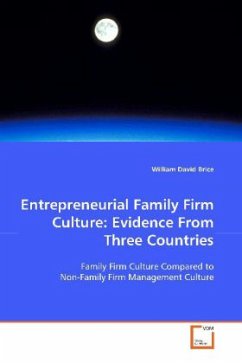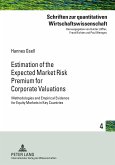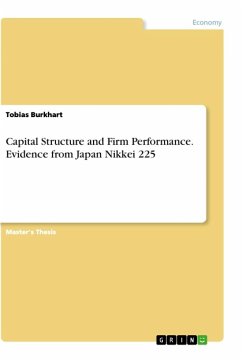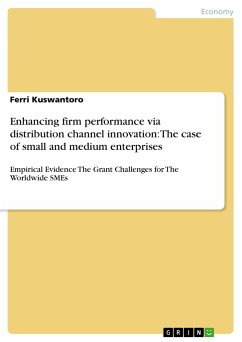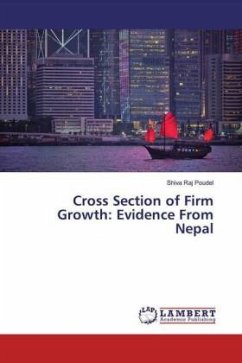This research empirically investigates the cultural
basis of family firms by comparing values and beliefs
of family-business members with that of professional
managers across three countries. Empirical evidence
was acquired using a survey instrument administered
to family-firm members and bank managers in two
countries, Ukraine and the U.S. as well as
family-firm members and professional government
workers in American Samoa. Two value constructs
(Power Distance and Masculinity) and five social
axiom constructs (Social Cynicism, Social
Flexibility, Reward for Application, Spirituality,
and Fate Control) were used. It was expected that
there would be similarities between family-owned
firms across nations in that differences with
non-family professional culture would be in the same
direction in all countries. Results showed
significant differences between family-firm members
and non-family professionals in all countries. We
can conclude that Power Distance, Social Flexibility
and Spirituality difference directions are
potentially universal in terms of family-firm culture.
basis of family firms by comparing values and beliefs
of family-business members with that of professional
managers across three countries. Empirical evidence
was acquired using a survey instrument administered
to family-firm members and bank managers in two
countries, Ukraine and the U.S. as well as
family-firm members and professional government
workers in American Samoa. Two value constructs
(Power Distance and Masculinity) and five social
axiom constructs (Social Cynicism, Social
Flexibility, Reward for Application, Spirituality,
and Fate Control) were used. It was expected that
there would be similarities between family-owned
firms across nations in that differences with
non-family professional culture would be in the same
direction in all countries. Results showed
significant differences between family-firm members
and non-family professionals in all countries. We
can conclude that Power Distance, Social Flexibility
and Spirituality difference directions are
potentially universal in terms of family-firm culture.
